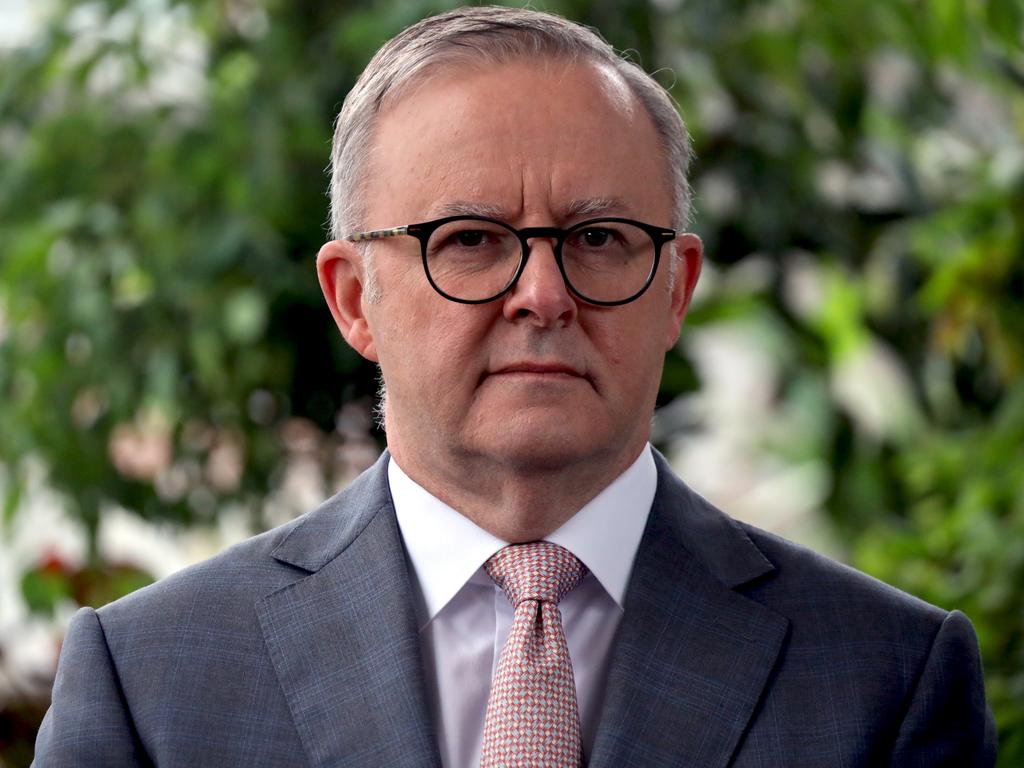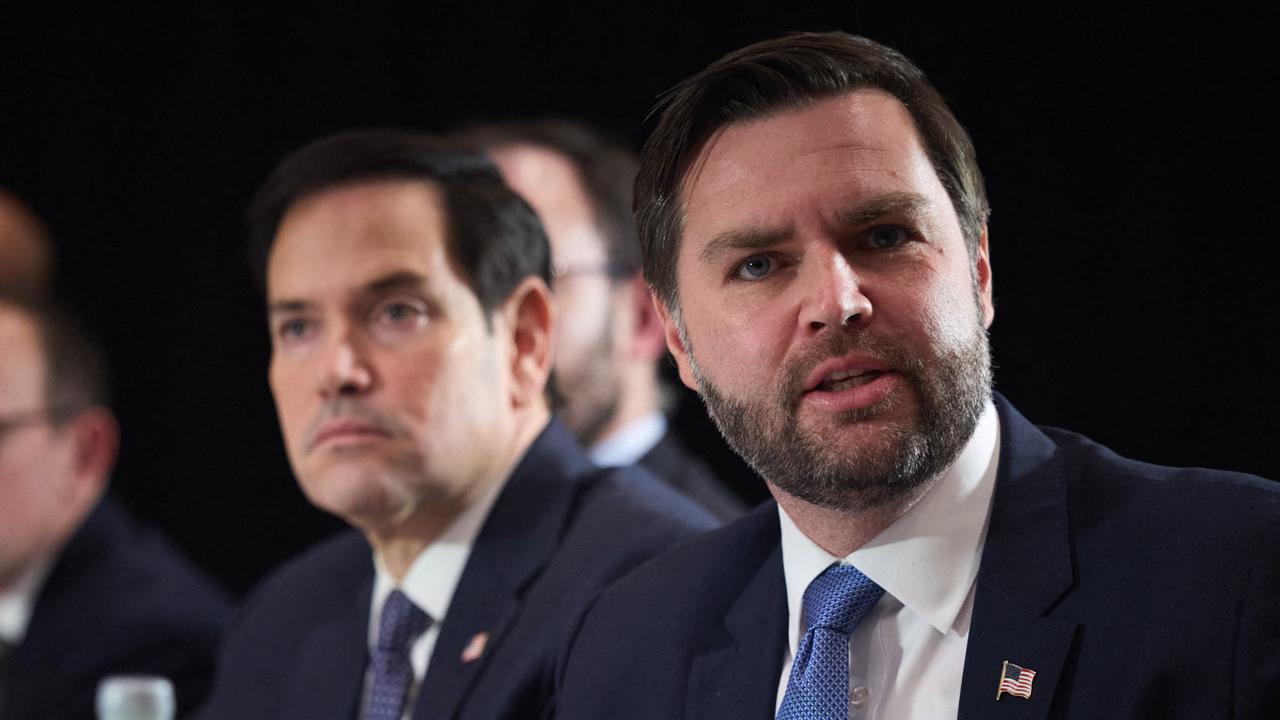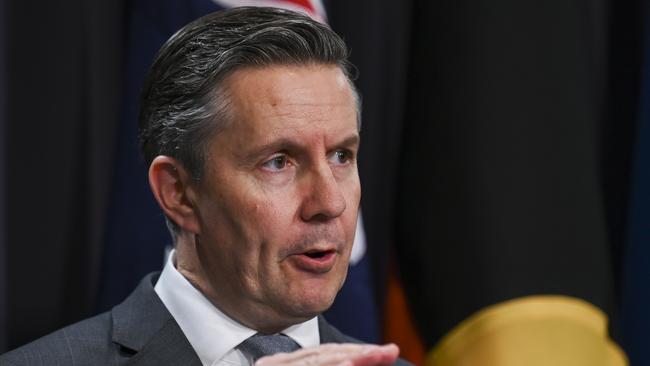
One of the many challenges faced by the Albanese government is the rapid decline of bulk billing by general practitioners. In the context of rising cost-of-living pressures, more people are now facing steep co-payments when they visit the doctor – and that’s if they can make an appointment.
If the current problems in primary healthcare, provided principally by GPs, could be found in a thicket of modern gibberish and buzzwords, you don’t need to go any further than the – thankfully short – Strengthening Medicare Taskforce Report commissioned by the Health Minister and released in February. And it’s simple, really: “Co-ordinated multidisciplinary teams of healthcare professionals work to their full scope of practice to provide quality person-centred continuity of care, including prevention and early intervention; and primary care is incentivised to improve population health, work with other parts of the health and care systems, under appropriate clinical governance, to reduce fragmentation and duplication and deliver better health outcomes.”
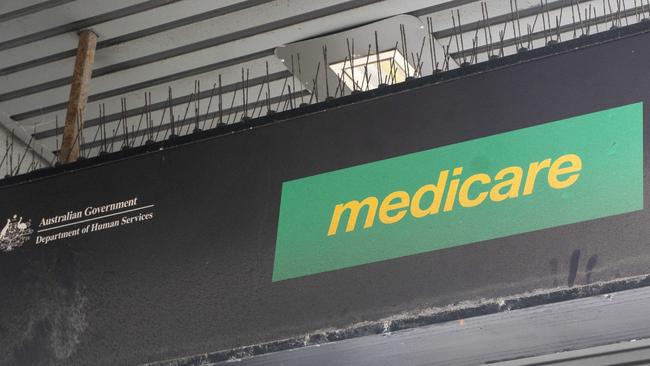
Where do you start? Even though the words are in English, they need to be translated. Of course, some obvious questions arise, such as how can a system be person-centred but tasked with improving population health? Many GPs would read these words and consider resigning on the spot.
It’s important to understand the real agendas at work, including the high regard a number of the members of the taskforce have for the (clearly failing) National Health Service in the UK.
But consider this: Over-servicing is better than under-servicing. The former adds unnecessary costs for the taxpayer and patient where there are co-payments.

But under-servicing potentially leads to disastrous outcomes including missed diagnoses, unnecessary pain and suffering, even premature death. In this sense, fee-for-service is far better than blended payments.
You only have to read what has been happening in the UK to know what a capitation fee – another term for blended payment – involves. Patients waiting weeks for appointments, difficulty in seeing a doctor rather than a nurse, doctors working from home rather than conducting face-to-face consultations and the almost complete absence of out-of-hours care.
By forcing patients to enrol in one practice and the practice being paid on this basis, the incentives to provide “quality person-based care”, to purloin a phrase, are diluted. Monopolies have a way of doing that.
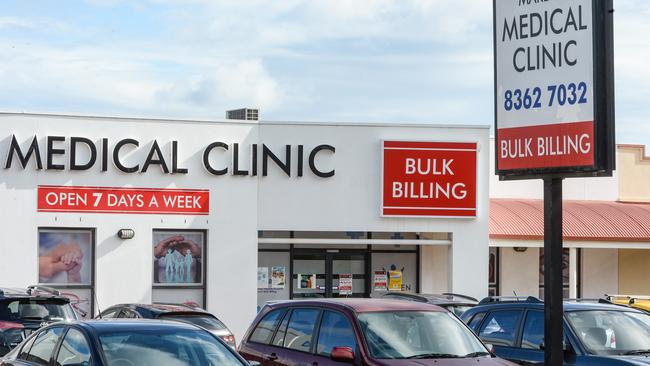
You will also hear that primary healthcare is now overwhelmingly about the management of chronic health conditions. Dealing with short-term infections is no longer the bread and butter of GP practices. But patients present with a variety of health issues, not just chronic ones. Of course, the fact the population is ageing presents its own set of issues. But the demographics of patients vary widely across practices and locations.
The fact is initiatives to manage patients with chronic conditions have been trialled and implemented for many years. Today, those with chronic conditions can be enrolled in plans by their GP, becoming eligible for higher GP rebates as well as a range of services from healthcare professionals free of charge. As for expanding the role of Primary Health Networks – one of the suggestions of the taskforce – most GPs will baulk at the intrusion of even more bureaucracy and paperwork.
It’s also apparent after wading through the report’s gobbledygook that there is clear hostility to the idea doctors should lead the provision of primary care. If all health care professionals can “work to their full scope of practice”, then many of the problems in primary care will disappear, according to the taskforce. Note here that the states regulate scope of practice and changes would need to be made at that level.
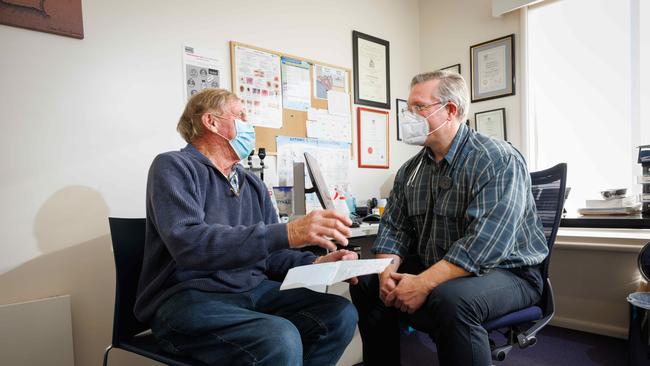
If pharmacists, can prescribe certain listed pharmaceutical products, then GPs will have more time to undertake more important tasks – or so the argument goes. The trouble is that pharmacists face a conflict of interest when both prescribing and dispensing drugs. (This is widely seen as a problem in some overseas jurisdictions, including Japan.) There are also a number of other complications, including setting appropriate remuneration for pharmacists. The sums being bandied about – $50 for a consultation – mean there won’t be much in the way of savings for patients. In addition, the subsidies available under the PBS currently don’t apply for pharmacist-prescribed drugs, although this presumably could be changed.

Many medical centres do employ practice nurses, although fewer employ the more highly trained nurse practitioners. But it is naive to think changes to scope of practice are the main game when it comes to dealing with the array of problems in primary care. The fact is we need more GPs located where they are needed. Only around 15 per cent of our medical graduates now opt to train to become GPs (it was 50 per cent not long ago). This should really be ringing very loud alarm bells for the government. Freezing the Medicare rebate for GP services has unsurprisingly encouraged graduates to turn their backs on GP training while inducing current GPs to drop bulk billing.
Overseas-trained doctors have played a significant role for many years in filling gaps in our GP workforce, particularly in rural and regional settings. Until recently, the visa arrangements incentivised these doctors to go to these areas that otherwise find it difficult to attract doctors. The bizarre visa change made by the Coalition government to include outer suburban areas within the definition of Distribution Priority Area has made it even more difficult for rural and regional towns to secure the services of GPs.
The bigger issue is whether Australia should really be relying on overseas-trained doctors, whose services are likely needed in the countries from which they come, rather than training our own. The fact graduates undertaking GP training have poorer remuneration and conditions than those undertaking specialist training is something that needs to be remedied. A pilot scheme in Tasmania is being implemented to deal with this problem.
The truth with most policy problems is that common sense is the best route to finding solutions. Tasking a large number of self-serving and agenda-driven “experts” inevitably leads to the sort of meaningless bureaucratic waffle apparent in the Taskforce Report. The minister needs to get on with the job rather than getting bogged down in wordy bunkum.



